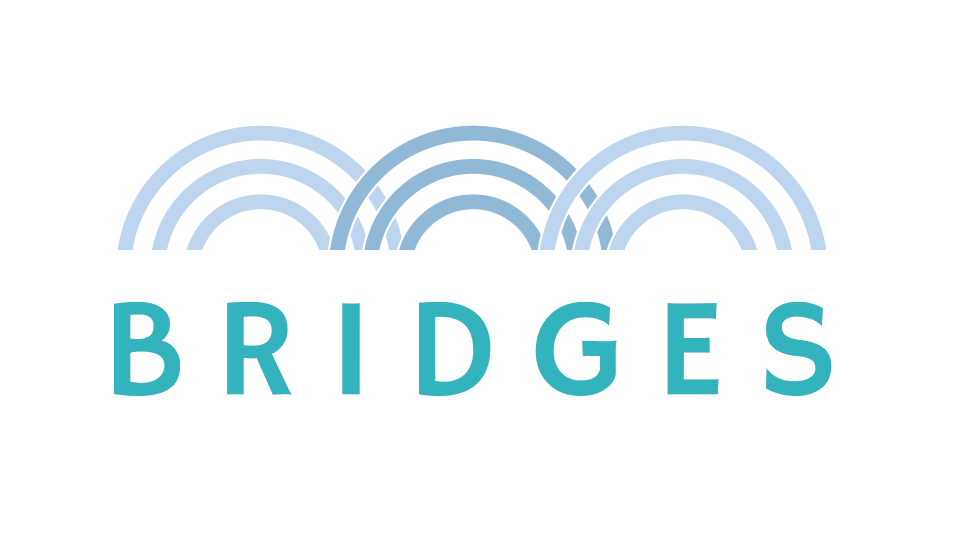
Frequently Asked Questions
How do I pay for sessions?
Credit Cards, FSAs, or HSAs, are accepted for payment before or at the time of the appointment .
What should I expect in my first session?
Your first session will focus on collecting as much information from the therapy participants as possible in areas such as reason for seeking therapy and desired outcomes. Information shared during this session helps to inform your therapist of the current needs and strengths of the therapy participants. For children and teens it is important that the parents/caregivers be able to participate in the first session and support the child through the process while providing any additional helpful information.
How does therapy work?
Therapy is a collaborative process driven by YOU and what you’ve identified as a struggle, challenge, or area of distress or discomfort in your life. It’s important not to expect a simple solution to address all of you or your family's needs. There are typically many facets and moving parts to an issue so progress and lasting positive changes take time and patience to cultivate.
What you should expect is to feel listened to and understood in your sessions and to walk away with better understanding of yourself and/or others along with tools for better communication and management of feelings and stress. Having the ability to express yourself in a safe, supportive, and non-judgemental space can truly be a life changing experience.
How do I talk to my child about their therapy?
It’s important to not pressure your child to talk about their sessions. The therapist will talk with parents about anything that takes place in the session relating to the child’s safety or any other important information when appropriate. Remember that your child is given privacy during their sessions in order to allow for self-expression. It is important to remember that progress takes time and children must be allowed to work at their own pace in order to build a trusting therapeutic relationship.
Should I be directly involved in my child’s therapy sessions?
How best to participate in a child’s therapy depends primarily on the child’s age, the nature of the problem, and whether research supports parental involvement in the type of treatment your child is receiving. In some situations, particularly with younger children, parental guidance may be critical to bring about and support behavioral change between therapy sessions. In other situations, particularly with older children or adolescents, privacy between the child and therapist may form an important foundation for establishing trust and encouraging behavioral change. In every case, parents should be clear on what the goals are for treating their child and how they can best support their child achieving these goals outside of therapy.
